
Find Help
More Items From Ergsy search
-

Submitted Addressing Social Inequalities: Initiatives and Challenges in the UK
Relevance: 100%
-
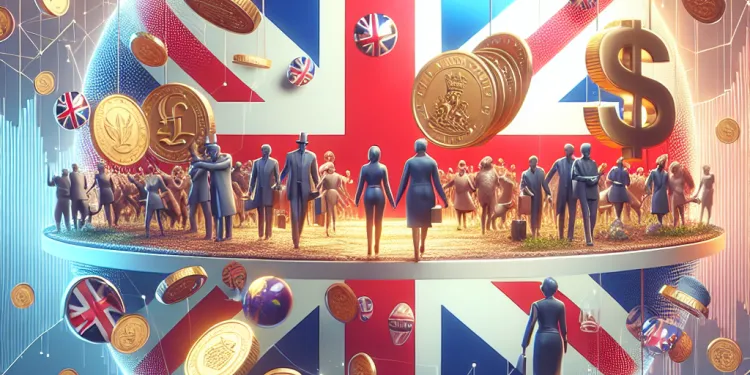
How might a wealth tax impact inequality in the UK?
Relevance: 40%
-

Are there alternatives to a wealth tax for addressing inequality?
Relevance: 40%
-

Addressing the Housing Crisis: Current Challenges and Solutions
Relevance: 40%
-

Have any legal challenges been made against the social media ban?
Relevance: 33%
-
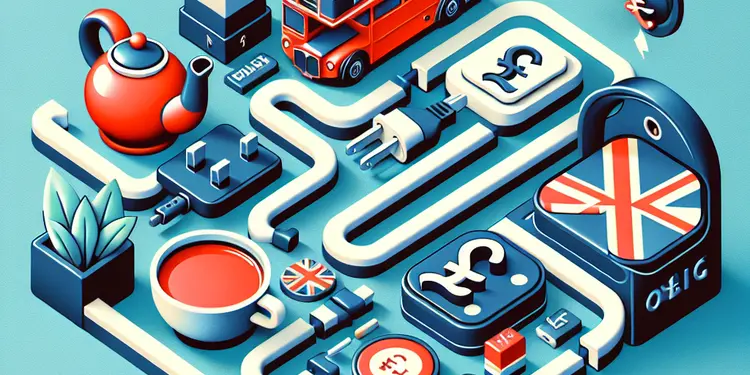
What challenges have been encountered with the social media ban?
Relevance: 32%
-

What initiatives are in place to address banking fee transparency?
Relevance: 31%
-
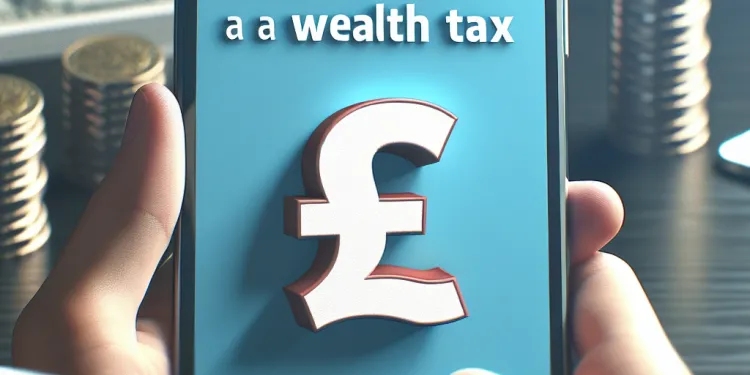
What are the challenges of implementing a wealth tax?
Relevance: 29%
-
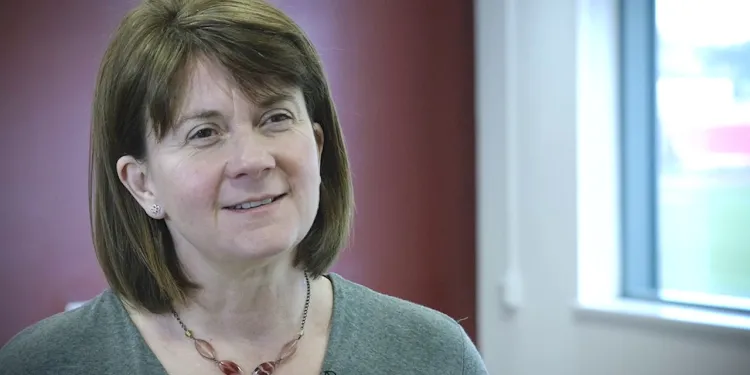
Social prescribing in practice: supporting social prescribing link workers
Relevance: 29%
-

What could be the legal challenges of implementing a social media ban for under 16s?
Relevance: 29%
-
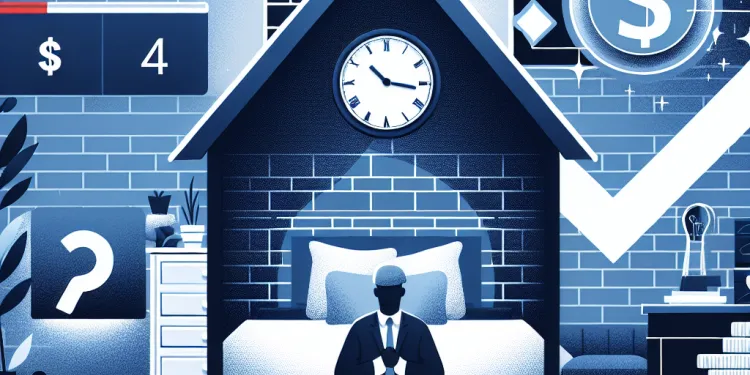
Addressing the Rising Homelessness Crisis
Relevance: 27%
-

Current Challenges in Youth Mental Health Services
Relevance: 27%
-
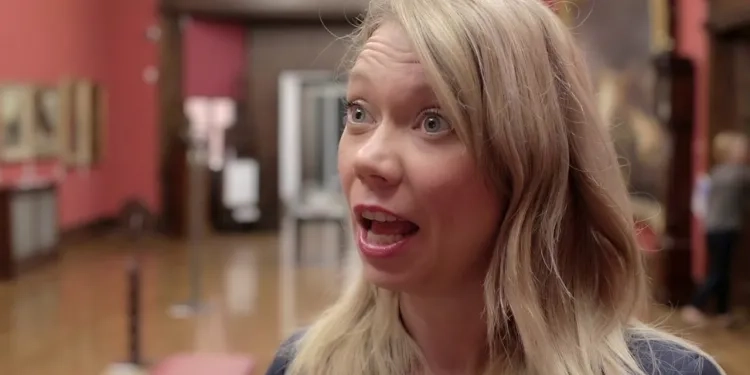
Social Prescribing
Relevance: 27%
-
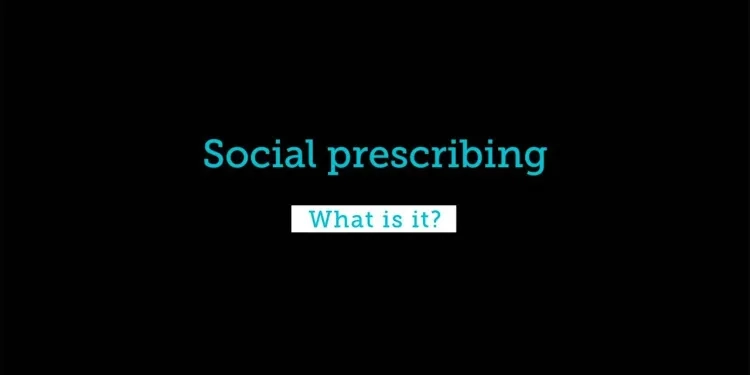
Social prescribing – what is it?
Relevance: 26%
-

Social prescribing in south east London
Relevance: 25%
-
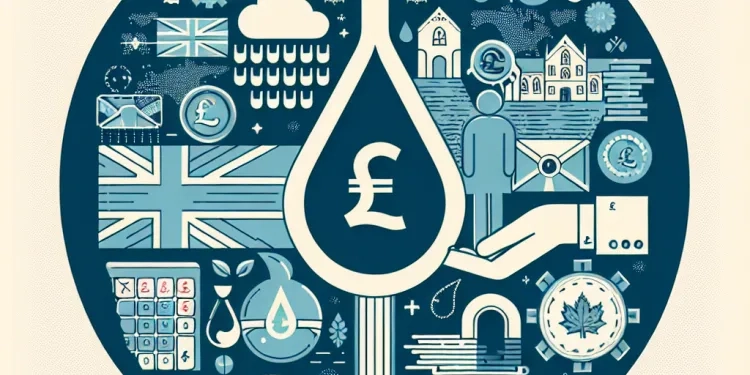
Are there any government initiatives to tackle water loss in the UK?
Relevance: 24%
-
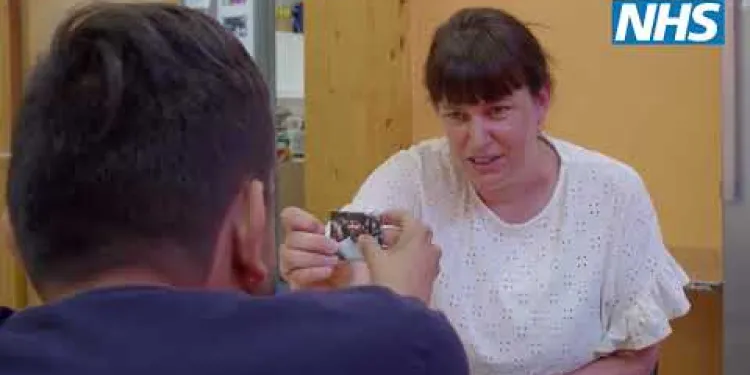
Use of reasonable adjustments to reduce health inequalities for people with a learning disability
Relevance: 24%
-

NHS Unveils Revolutionary Mental Health Support Initiative
Relevance: 24%
-
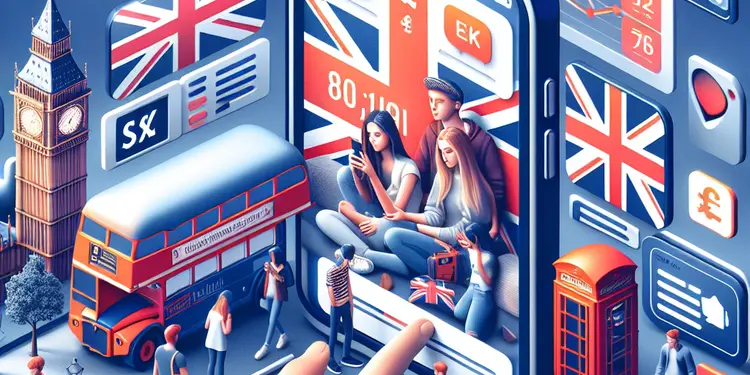
Is the UK introducing a Social Media ban for under 16's?
Relevance: 24%
-
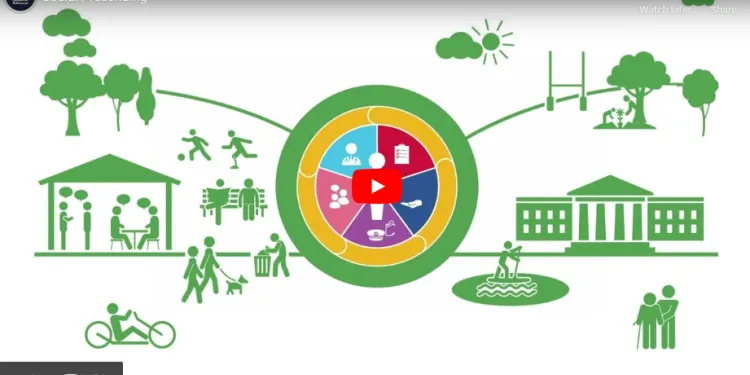
Social Prescribing
Relevance: 24%
-
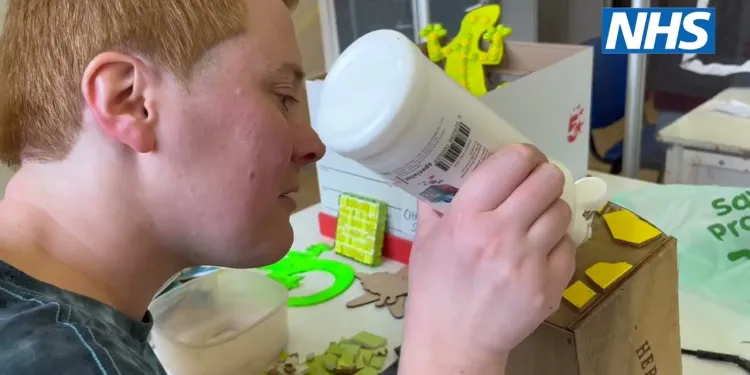
Social Prescribing in Greater Manchester
Relevance: 23%
-
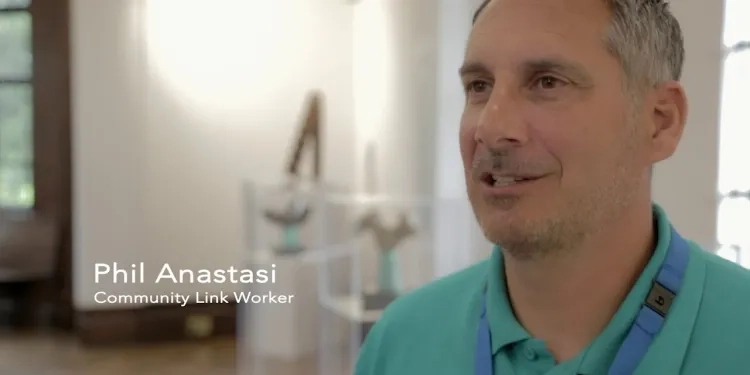
Introducing Social Prescribing - short video
Relevance: 23%
-
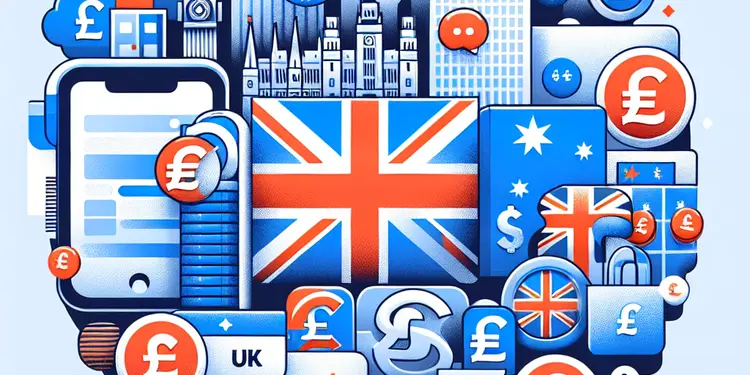
Is there public support for the social media ban in Australia?
Relevance: 23%
-
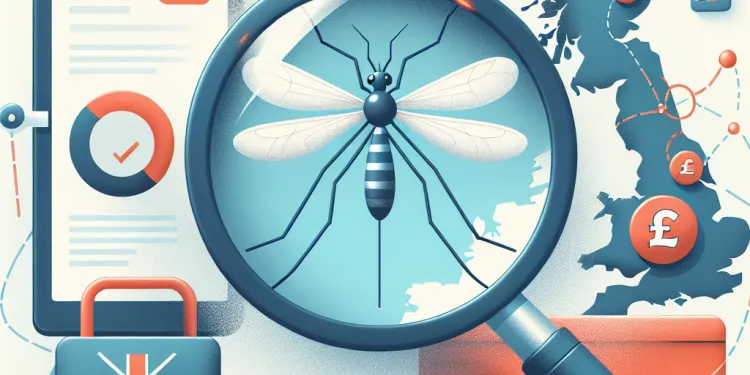
Are there any government initiatives to control mosquitoes in the UK?
Relevance: 23%
-

What are common arguments in favor of a wealth tax?
Relevance: 23%
-
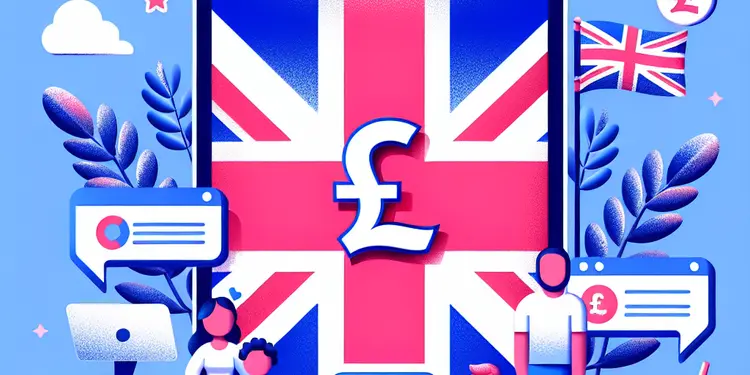
What role do parents play in the social media ban?
Relevance: 23%
-
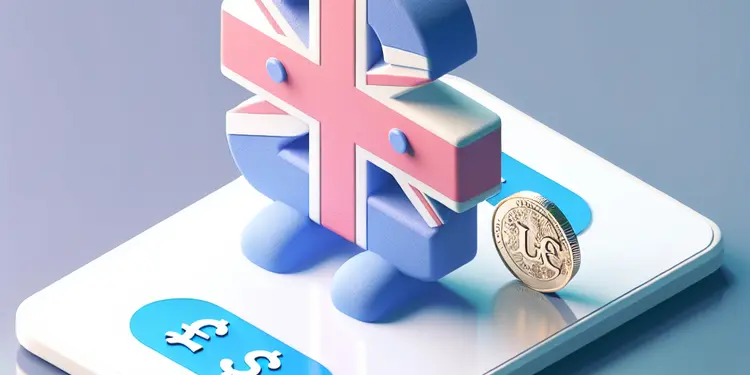
Has the social media ban been successful in improving children's mental health?
Relevance: 23%
-
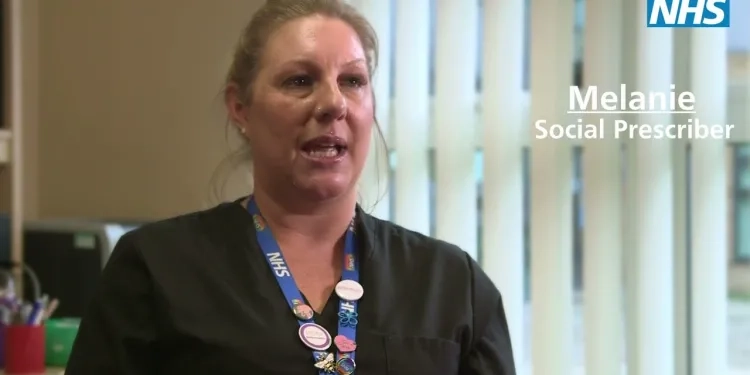
What is a social prescriber?
Relevance: 23%
-
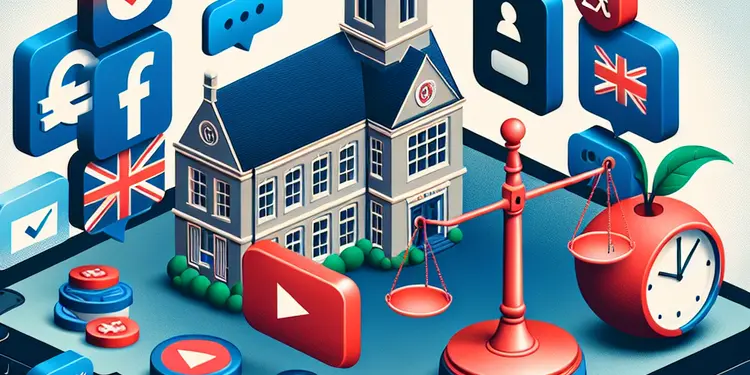
What role do schools play in supporting the social media ban?
Relevance: 23%
-
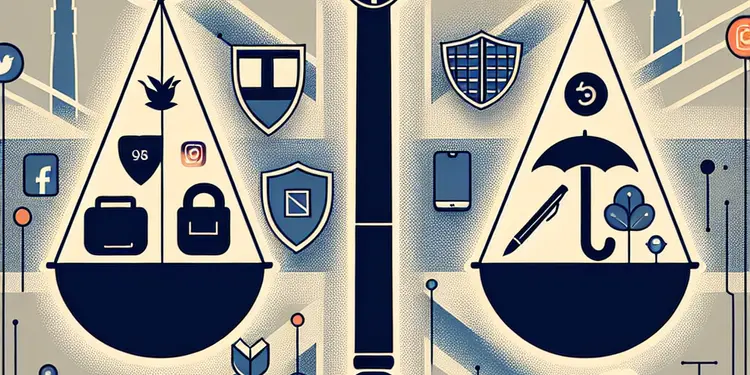
Do existing UK laws sufficiently protect under 16s on social media?
Relevance: 23%
-
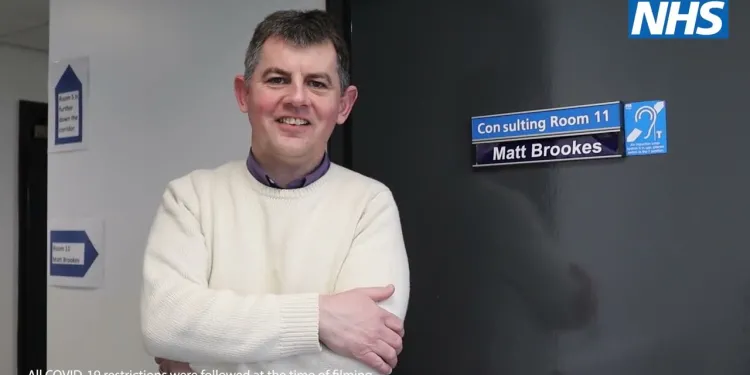
What is a social prescriber, and how do they support general practice?
Relevance: 22%
-
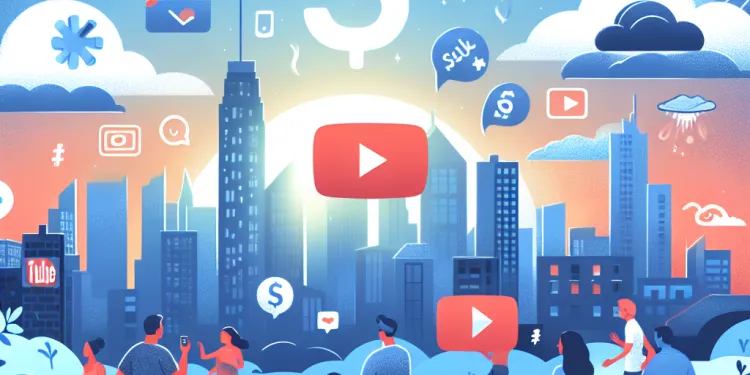
Strategies for Reducing Loneliness and Social Isolation in Urban Areas
Relevance: 22%
-
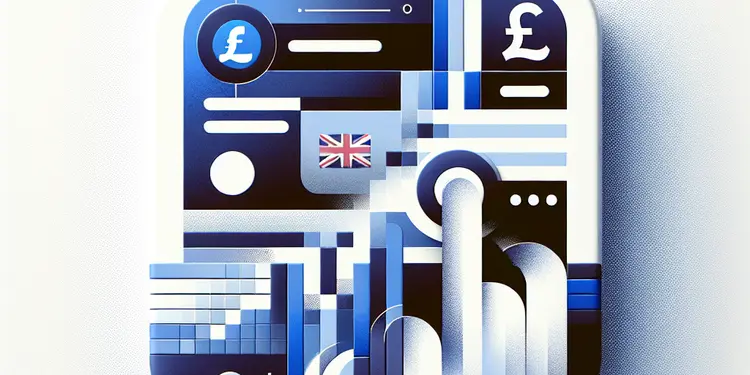
Who is pushing for a social media ban for under 16s in the UK?
Relevance: 22%
-
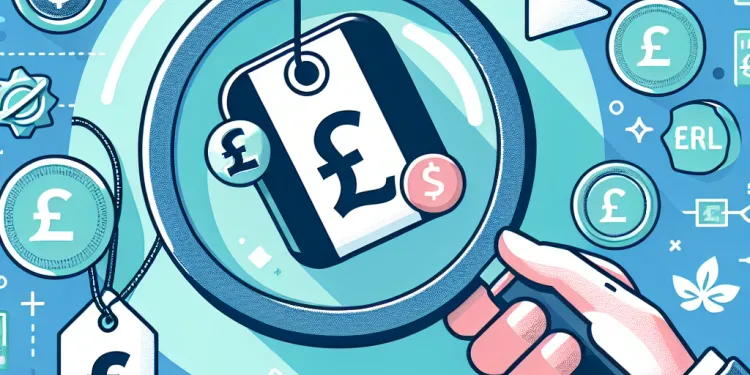
Who can initiate a product recall in the UK?
Relevance: 22%
-
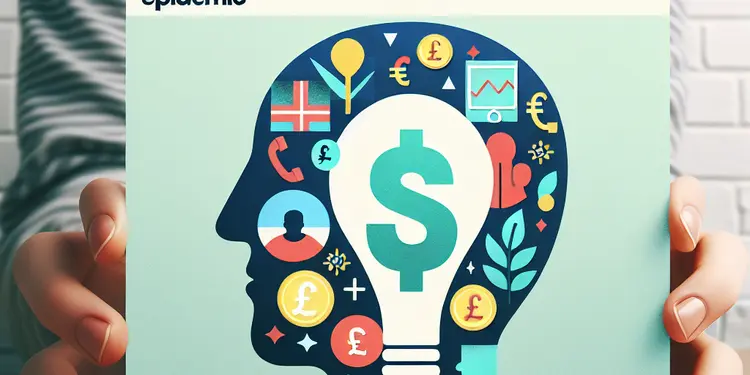
New Mental Health Strategy Launched to Address Youth Anxiety Epidemic
Relevance: 22%
-
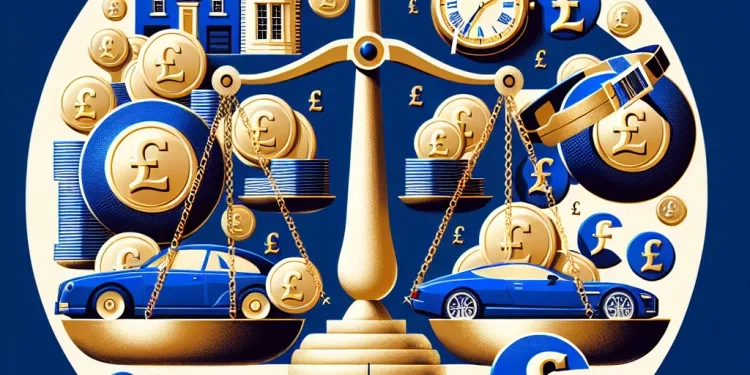
What arguments are made for a wealth tax in the UK?
Relevance: 22%
-
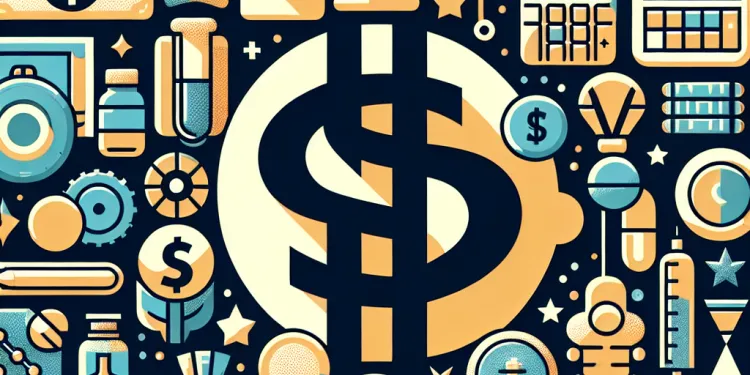
Tackling Youth Mental Health: Community Initiatives and Solutions
Relevance: 22%
-
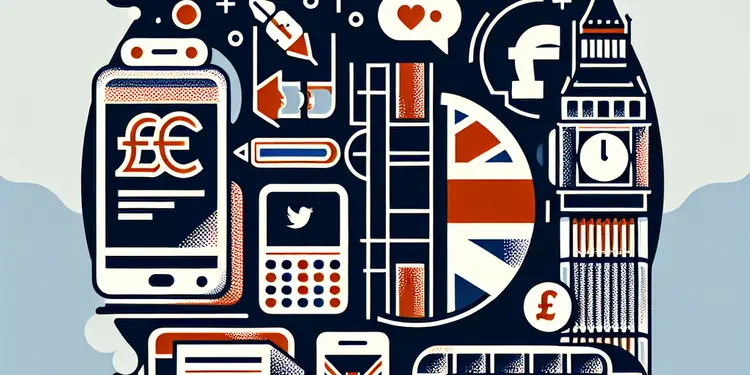
Are there any criticisms of the social media ban for children?
Relevance: 22%
-
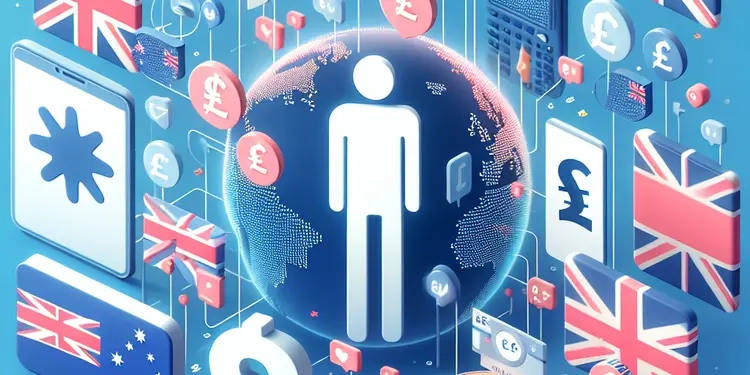
Has the social media ban for children in Australia been a success ?
Relevance: 22%
-

Efforts to Combat Antibiotic Resistance Gain Momentum with New Research Initiatives
Relevance: 22%
Submitted Addressing Social Inequalities: Initiatives and Challenges in the UK
Introduction to Social Inequality in the UK
Social inequality in the United Kingdom is a multidimensional issue that affects various aspects of life, including income, education, employment, and health. Despite being one of the world's largest economies, the UK continues to grapple with significant disparities between different social groups. These inequalities often manifest as gaps between the wealthy and the poor, different ethnic groups, and various regions within the country. Addressing these inequalities is crucial for fostering a more equitable society.
Government Initiatives to Tackle Inequality
The UK government has implemented a range of initiatives aimed at reducing social inequalities. The introduction of policies like the National Living Wage seeks to improve income disparities by ensuring fair pay. Additionally, education reforms, such as increased funding for schools in underprivileged areas and the promotion of apprenticeship schemes, aim to provide more equitable educational opportunities. Health initiatives like the NHS Long Term Plan strive to reduce healthcare inequalities by focusing on prevention, early diagnosis, and improving healthcare access in socioeconomically disadvantaged areas.
Challenges in Addressing Inequality
Despite these efforts, significant challenges remain in fully addressing social inequalities in the UK. Economic disparities continue to widen due to factors like regional imbalances and the high cost of living in major urban centres. Brexit and the COVID-19 pandemic have exacerbated these challenges by impacting employment opportunities and public services. Furthermore, structural issues such as systemic racism and discrimination contribute to persistent inequalities faced by minority ethnic groups in the UK.
The Role of Civil Society and Community Initiatives
Civil society and community initiatives play a crucial role in addressing social inequalities. Organisations and charities work on the ground to provide vital support for disadvantaged communities, including food banks, educational programs, and health awareness campaigns. These grassroots initiatives complement government efforts by addressing the immediate needs of individuals and advocating for long-term systemic change.
Conclusion: A Long Road Ahead
Addressing social inequalities in the UK requires a comprehensive approach that involves government policy, community action, and societal change. While strides have been made, sustained effort is needed to overcome the deeply rooted challenges that perpetuate disparity. Achieving social equality will significantly improve the social fabric of the UK, promoting a more cohesive and just society for future generations.
Social Inequality in the UK: What It Is and Why It Matters
Understanding Social Inequality
In the United Kingdom, social inequality means unfair differences between people. These differences can be in how much money people have, their jobs, education, and health. Even though the UK is a rich country, there are still big gaps between different people. Some people have a lot of money, while others do not have enough. People from different backgrounds and in different parts of the UK can have very different lives. It is important to fix these unfair differences so that everyone has a fair chance.
How the Government is Trying to Help
The UK government is trying to make things fairer for everyone. They have made some rules to help with money, like the National Living Wage, which is about making sure people get fair pay. The government is also giving more money to schools that need it most and helping more people learn skills through apprenticeships. In health, they are working to make sure everyone gets good healthcare. They want to catch health problems early and make sure everyone can get the help they need, especially in places that are not as well off.
Why It's Hard to Fix These Problems
Even with these efforts, it is still hard to make everything fair. Some problems are getting worse, like the gap between rich and poor areas and the high cost of living in big cities. Things like Brexit and COVID-19 have made it tougher because they make jobs and services harder to get. There are also deep-rooted issues, like racism, that make life harder for some groups of people in the UK.
How Communities Are Helping
Communities and groups are very important in fighting unfairness. There are organisations and charities that help where it's needed most. They provide food, help people learn new things, and keep people healthy. These groups work alongside the government to help people right now and push for big changes over time.
Looking to the Future
Making the UK a fair place for everyone is a big job. It needs help from the government, community actions, and changes in how we all think and act. We have made some progress, but there is more to do to fix the big problems that keep things unfair. When we reach social fairness, life will be better for everyone in the UK, and we will live in a more united and fair society for future generations.
Frequently Asked Questions
What are social inequalities?
Social inequalities refer to the disparities in wealth, income, education, employment, and social status among different groups within a society.
What initiatives are in place to address social inequalities in the UK?
The UK government has various initiatives such as the Equality Act 2010, welfare reform measures, and programs aimed at improving education and health access.
How does education contribute to reducing social inequalities?
Education improves social mobility by providing individuals with the skills and knowledge needed to access better job opportunities and improve their economic status.
What challenges do the UK face in tackling social inequalities?
Challenges include economic disparities, limited access to quality education, and persistent discrimination based on race, gender, and other factors.
How does employment inequality manifest in the UK?
Employment inequality can manifest as wage gaps, unequal job opportunities, and differences in job security based on factors like gender, ethnicity, or disability.
What role do non-governmental organizations (NGOs) play in addressing social inequalities?
NGOs support by advocating for policy changes, providing services to disadvantaged groups, and raising awareness about social inequality issues.
Why is access to healthcare a concern in reducing social inequalities?
Inequities in healthcare access can exacerbate a person’s ability to overcome social disadvantages due to the impact on overall well-being and ability to work and study.
How does the Equality Act 2010 address social inequalities?
The Equality Act 2010 consolidates anti-discrimination laws and provides a legal framework to protect individuals from unfair treatment and promote a fair and equal society.
What impact does housing inequality have on social disparities?
Housing inequality affects access to safe and affordable living conditions, which can influence educational opportunities, health outcomes, and overall quality of life.
How can community programs help reduce social inequalities?
Community programs can offer support, education, and resources tailored to the needs of local populations, enabling participants to improve their economic and social standing.
What is the role of education reform in addressing social inequalities?
Education reform can address disparities by ensuring equal access to high-quality education across all socioeconomic groups, reducing barriers to learning, and promoting inclusive curricula.
Are there any successful examples of reducing social inequalities in the UK?
Programs like the London Challenge, which improved schools in underperforming areas, highlight successful initiatives that have made progress in reducing educational inequalities.
How does gender inequality contribute to overall social disparities in the UK?
Gender inequality can lead to disparities in earnings, employment opportunities, and representation in leadership, which affects women's social and economic standing.
What role do policymakers play in addressing social inequalities?
Policymakers are crucial in designing and implementing laws and policies that aim to reduce disparities and promote equality across various areas, including income, education, and health.
How does economic inequality affect social mobility in the UK?
Economic inequality can limit access to essential resources like education, healthcare, and reliable housing, which are key factors in enabling upward social mobility.
What are social inequalities?
Social inequalities mean that some people have more than others. This can mean more money, more chances, or more power. Some people have less, and this can make life hard for them.
To make it easier to understand, you can use drawings or simple charts. Talking about it with someone who can help explain is also good.
Social inequalities mean that some people have more money, better jobs, more education, and higher status than others in the same community.
What is being done to help everyone be treated fairly in the UK?
The UK has plans to make sure everyone is treated fairly and equally. Here are some things they are doing:
- Helping people find good jobs.
- Making sure boys and girls get the same chances in school.
- Helping families who need extra money.
- Making sure everyone can see a doctor when they are sick.
If you need help reading, try using pictures or ask someone to read with you.
The UK government has plans to help people. These include:
- The Equality Act 2010, which makes sure everyone is treated fairly.
- Changes to how they support people with money (welfare reform).
- Programs to help people get better education and health care.
If you find reading hard, you can try using tools that read out loud or apps that make text bigger. These can help you understand better.
How does learning help make things fairer for everyone?
Learning can help make things fairer for all people.
- When we learn, we can get better jobs.
- With better jobs, we can earn more money.
- Earning more money means we can live better lives.
- Learning teaches us about different people and cultures.
- This helps us understand each other better.
- When we understand each other, we can be kinder and fairer.
Some tools and tips to help with learning:
- Ask questions if you don't understand something.
- Use pictures or drawings to help remember things.
- Read with a friend or a helper.
- Take breaks, so you don't get too tired.
- Use apps or websites that make learning fun.
Education helps people move up in life. It gives them skills and knowledge to get better jobs and earn more money.
What problems does the UK have with unfairness between people?
The UK has some problems that make life unfair for people. Here are some of them:
- Money: Some people have lots of money, but others do not have enough to buy what they need.
- Jobs: Some people can find good jobs, but others can't find any jobs at all.
- Education: Some children can go to good schools, but others have to go to schools that need more help.
- Health: Some people can see the doctor quickly when they feel sick, but others have to wait a long time.
- Homes: Some people have nice places to live, but others do not have a safe place to call home.
These problems can make life hard for some people. It means not everyone has the same chances.
To make things better, people need to work together. Here are some things that can help:
- Talking about problems.
- Helping each other.
- Sharing ideas.
Using tools like pictures or videos can also help understand and learn more about these problems.
There are some problems. People have different amounts of money. Not everyone can go to a good school. Some people are treated unfairly because of their race, gender, or other reasons.
What does job unfairness look like in the UK?
In the UK, not everyone gets treated the same at work. Some people might have a hard time finding jobs or get paid less, even if they do the same job as someone else.
Here are some things that show job unfairness:
- Some people might not get a chance for certain jobs because of their gender, race, or disability.
- Some people get paid more money even if they do the same work.
- Some groups of people might find it harder to get promoted.
To make reading easier, you can use:
- Reading apps that read out loud.
- Highlighting tools to focus on important words.
- Pictures or symbols to explain difficult words.
Some people might not get paid the same money for doing the same job because they are a woman, come from a different background, or have a disability. They might also find it harder to get jobs or keep them because of these reasons.
What do groups that are not part of the government do to help make things fair for everyone?
Some groups are not run by the government. These groups try to make sure everyone is treated fairly. They do different things to help people.
Here are a few things they do:
- They help people who do not have enough money.
- They speak up for people who are treated unfairly.
- They make sure children can go to school.
- They help people get medicine and doctors when they are sick.
A tool like a picture book or video can help understand more about these groups and what they do.
NGOs help by trying to change rules and laws. They also help people who need it and teach others about unfair problems in society.
Why is it important for everyone to go to the doctor?
It is important for everyone to go to the doctor because not everyone can get the help they need. This can cause problems between people.
Here are some ways to help:
- Talk to people who can help you find a doctor.
- Use apps or websites that show where the nearest doctor is.
- Ask someone you trust to go with you to the doctor.
Not everyone can get the healthcare they need. This can make it harder for people to be healthy, work, and learn.
What does the Equality Act 2010 do to make things fair for everyone?
The Equality Act 2010 is a law. It brings together rules to stop unfair treatment. It helps make sure everyone is treated fairly and equally.
How does unfair housing make life unfair?
Not everyone has a fair chance to live in a safe and good home. This can change a lot of things. It can make going to a good school harder, being healthy harder, and having a happy life harder.
If you find it hard to read, you can try using tools like audiobooks or podcasts to listen instead of read. You can also ask someone to help you or use apps that read the text out loud. These can make learning and understanding easier.
How can community programs help make life fairer for everyone?
Community programs can help everyone get the same chances. They can teach us new skills and bring people together. This can make life better for everyone.
- Learning New Skills: Programs can teach people how to read, write, or do new jobs. This helps them find work and make money.
- Making Friends: These programs bring people together. They can help us make friends and feel part of a group.
- Getting Help: Some programs help people who are sick or need extra support.
Ask for help if you find reading hard. There are people and tools that can help you understand better.
Community programs can help people. They give support, teach, and share resources. These programs are made for the needs of local people. This can help people get better jobs and make more friends.
How Can Changing Education Help Everyone Be Treated Fairly?
Schools are important. They help us learn. But some people do not get the same help at school. Changing schools can make things better. This is called "education reform."
Education reform means making schools fair for everyone. It helps all children learn the same way. This makes sure no one is left behind.
To help understand better, you can:
- Use pictures and videos to learn.
- Ask teachers for extra help if you need it.
- Use simple books and easy words.
By changing schools, everyone can have a fair chance to learn. This is good for everyone!
We can make schools better for everyone. This means making sure all kids, no matter how much money their family has, can go to good schools. We need to help kids learn better and include everyone in lessons.
Have people in the UK found ways to make things fairer for everyone?
Programs like the London Challenge have helped schools do better. These programs have shown us ways to make schools in struggling areas improve, helping all children have a fair chance at learning.
How does gender inequality make social unfairness worse in the UK?
Let's talk about how treating people differently because they are boys or girls can make life unfair for everyone in the UK. Here are some ideas to help:
- Think about how boys and girls sometimes get different chances at school or work. This can lead to unfairness.
- Use pictures or videos to understand how it feels to be treated unfairly.
- Ask someone to explain things if you don't understand. It's okay to ask for help!
- Talk with friends or family about fairness and what we can do to make things better.
Gender inequality means not treating men and women the same. This can change how much money women earn, the jobs they can get, and if they can be leaders. This can make life harder for women and affect how they live and work.
How do leaders help make things fair for everyone?
Leaders make rules and plans to help people.
They work to make sure everyone is treated fairly.
Leaders try to fix problems so everyone has the same chances.
You can use simple pictures or videos to understand more.
Ask a friend or family member if you need help.
People who make rules and laws are called policymakers. They help create rules to make things fair for everyone. These rules try to make sure everyone has equal chances to earn money, learn at school, and stay healthy.
How does money difference affect moving up in society in the UK?
When people do not have the same amount of money, it can be hard for everyone to get things they need. Things like schools, doctors, and good homes are very important. They help people have a better life and move up in the world.
Useful Links
Have you found an error, or do you have a link or some information you would like to share? Please let us know using the form below.
-->
This website offers general information and is not a substitute for professional advice.
Always seek guidance from qualified professionals.
If you have any medical concerns or need urgent help, contact a healthcare professional or emergency services immediately.
Some of this content was generated with AI assistance. We’ve done our best to keep it accurate, helpful, and human-friendly.
- Ergsy carfully checks the information in the videos we provide here.
- Videos shown by Youtube after a video has completed, have NOT been reviewed by ERGSY.
- To view, click the arrow in centre of video.
- Most of the videos you find here will have subtitles and/or closed captions available.
- You may need to turn these on, and choose your preferred language.
- Go to the video you'd like to watch.
- If closed captions (CC) are available, settings will be visible on the bottom right of the video player.
- To turn on Captions, click settings .
- To turn off Captions, click settings again.
More Items From Ergsy search
-

Submitted Addressing Social Inequalities: Initiatives and Challenges in the UK
Relevance: 100%
-

How might a wealth tax impact inequality in the UK?
Relevance: 40%
-

Are there alternatives to a wealth tax for addressing inequality?
Relevance: 40%
-

Addressing the Housing Crisis: Current Challenges and Solutions
Relevance: 40%
-

Have any legal challenges been made against the social media ban?
Relevance: 33%
-

What challenges have been encountered with the social media ban?
Relevance: 32%
-

What initiatives are in place to address banking fee transparency?
Relevance: 31%
-

What are the challenges of implementing a wealth tax?
Relevance: 29%
-

Social prescribing in practice: supporting social prescribing link workers
Relevance: 29%
-

What could be the legal challenges of implementing a social media ban for under 16s?
Relevance: 29%
-

Addressing the Rising Homelessness Crisis
Relevance: 27%
-

Current Challenges in Youth Mental Health Services
Relevance: 27%
-

Social Prescribing
Relevance: 27%
-

Social prescribing – what is it?
Relevance: 26%
-

Social prescribing in south east London
Relevance: 25%
-

Are there any government initiatives to tackle water loss in the UK?
Relevance: 24%
-

Use of reasonable adjustments to reduce health inequalities for people with a learning disability
Relevance: 24%
-

NHS Unveils Revolutionary Mental Health Support Initiative
Relevance: 24%
-

Is the UK introducing a Social Media ban for under 16's?
Relevance: 24%
-

Social Prescribing
Relevance: 24%
-

Social Prescribing in Greater Manchester
Relevance: 23%
-

Introducing Social Prescribing - short video
Relevance: 23%
-

Is there public support for the social media ban in Australia?
Relevance: 23%
-

Are there any government initiatives to control mosquitoes in the UK?
Relevance: 23%
-

What are common arguments in favor of a wealth tax?
Relevance: 23%
-

What role do parents play in the social media ban?
Relevance: 23%
-

Has the social media ban been successful in improving children's mental health?
Relevance: 23%
-

What is a social prescriber?
Relevance: 23%
-

What role do schools play in supporting the social media ban?
Relevance: 23%
-

Do existing UK laws sufficiently protect under 16s on social media?
Relevance: 23%
-

What is a social prescriber, and how do they support general practice?
Relevance: 22%
-

Strategies for Reducing Loneliness and Social Isolation in Urban Areas
Relevance: 22%
-

Who is pushing for a social media ban for under 16s in the UK?
Relevance: 22%
-

Who can initiate a product recall in the UK?
Relevance: 22%
-

New Mental Health Strategy Launched to Address Youth Anxiety Epidemic
Relevance: 22%
-

What arguments are made for a wealth tax in the UK?
Relevance: 22%
-

Tackling Youth Mental Health: Community Initiatives and Solutions
Relevance: 22%
-

Are there any criticisms of the social media ban for children?
Relevance: 22%
-

Has the social media ban for children in Australia been a success ?
Relevance: 22%
-

Efforts to Combat Antibiotic Resistance Gain Momentum with New Research Initiatives
Relevance: 22%


